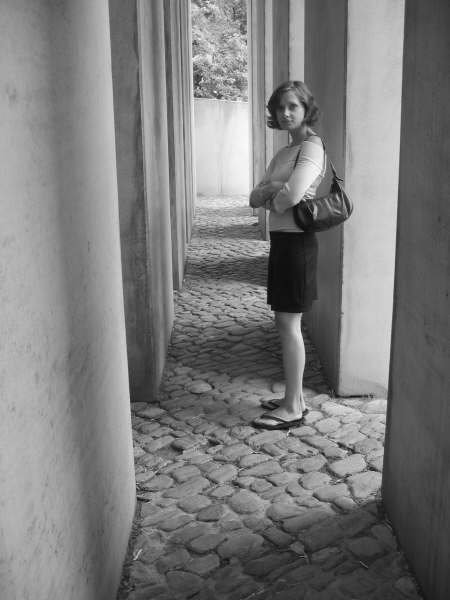My printer isn't working. My printer isn't working, and it's driving me crazy. I think it's on bad terms with my computer, because they don't seem to want to talk to each other. Early last evening, all I wanted to do was to print off notes for my tutorials on Monday. I needed, I felt, to just be able to cross that one, simple task off of my to-do list.
Printer and I took some much-needed time apart. The crazed anger that had made me want to pitch printer out of my second-storey window subsided.
In fact, my hardware crisis sparked a personal revolution - well, maybe just a resolution. I will not be daunted by my old, bulky Lexmark contraption. I am resolved to spend less time responding to tired, clunky hardware and more time participating in the much sexier Web 2.0 [1].
Tim O’Reilly (as quoted by Paul Miller) writes that the new Web is the “…network as platform…” [2]. I find this a most exciting concept! I remember that Diana, at the beginning of term, wanted to know how aspiring practitioners of public history could “come to the table” with individuals like digital historians and web programmers to “do” real history. I also remember Kris, again at the beginning of term, wondering when she could start being a historian [3]. In the former case, Bill Turkel’s response to Diana was “you’re at the table!” In the latter, Kris had been responding to Alan MacEachern’s question, when will you stop being a history student and start being a historian? [4]
Public history is, as we discussed and are learning, a reflective practice. I truly believe this to be a constructive, useful and inspiring way for its practitioners to conceive of their discipline. I need, however, to strike a better balance than I currently manage between reflection and action. I need to continue to write blog posts about the kinds of digital history projects I'd like to eventually be involved in making, and, at the same time, get down to learning about how to make them [5].
I am, therefore, resolved to spend time for the remainder of the term with W3Schools, learning how to make my own webpage. All of Carling's hard work on her genealogy and Jurassic Park pages has motivated me to action. Perhaps I should start with Microsoft Publisher (despite Carling's disappointment with the program), or at least with DreamWeaver? I would like to start from the "basics", as Carling commented, and so I think learning XHTML is the best way to go about this project.
I do recognize the irony in my resolve to take up the mighty challenge that only rates an "easy" on Bill Turkel's thermometer difficulty scale for lab exercises. Further, I recall Tim O'Reilly's distinction of personal websites, the concept of pages, and the act of publishing among those features characteristic of Web 1.0. I do, therefore, also recognize the irony in taking on personal web page making as my first step in participating in the new Web.
Now that I've publicly resolved to take on this project, I'd better stop talking, and just get down to it.
--------------------------------------------------------------------------------
[1]. Hats off to my colleagues Kevin and Kelly for an enlightening and entertaining blog-off on, among other important topics, the sexiness of the apple corer.
[2]. I know that I came across the explanation – somewhere in the Digital History readings for this coming week – that we’re treating the Web as a platform just as we only used to think of operating systems as platforms. It was likely in the same spot as the helpful explanation that, sometimes, people express this concept as “web as operating system.” Of course, I can’t remember, or find again, this helpful spot to cite it. If anyone comes across it, I’d so appreciate it if you could let me know of its location.
[3]. Kris comments on this experience in one of her blog posts.
[4]. I’m wary of mis-quoting Professor MacEachern again, lest he think all the PH students are orchestrating a massive smear campaign. My memory of the conversation is muddy, and so I intend only to paraphrase.
[5]. For example, I'm still intrigued by the idea of a network visualization interface for Canada's memorial and historical sites, and by that of mapping the human relationships that continue community for now-empty physical (spatial?) communities.
Sunday, November 05, 2006
Subscribe to:
Post Comments (Atom)

No comments:
Post a Comment